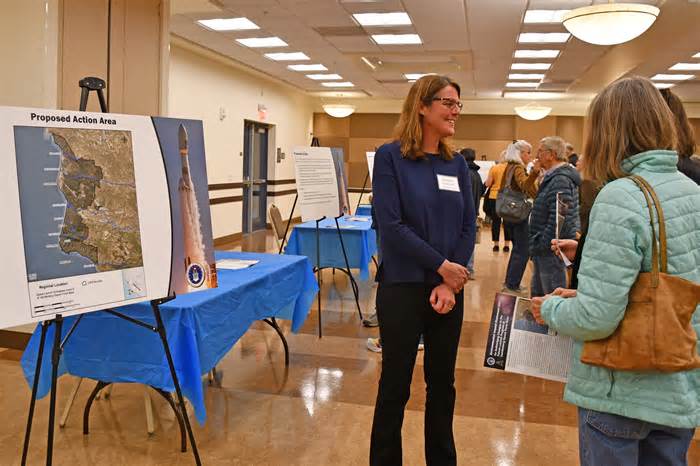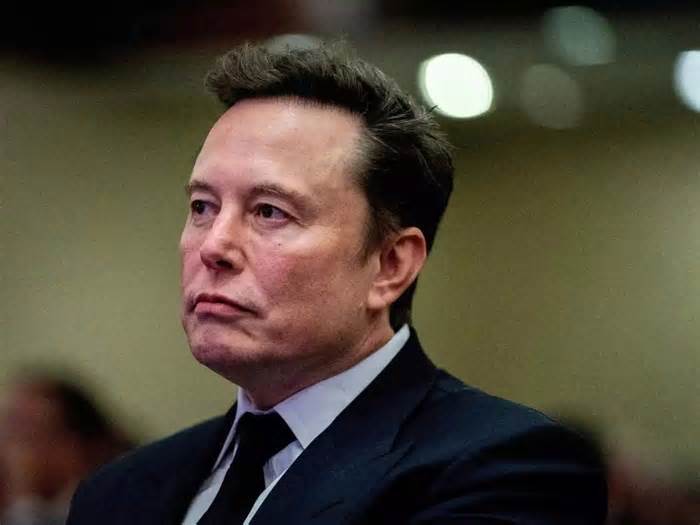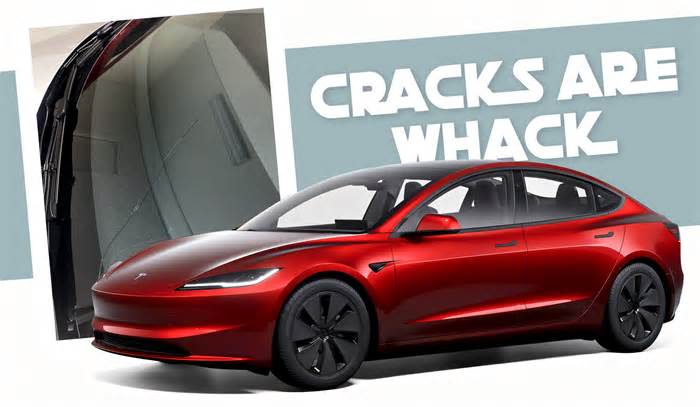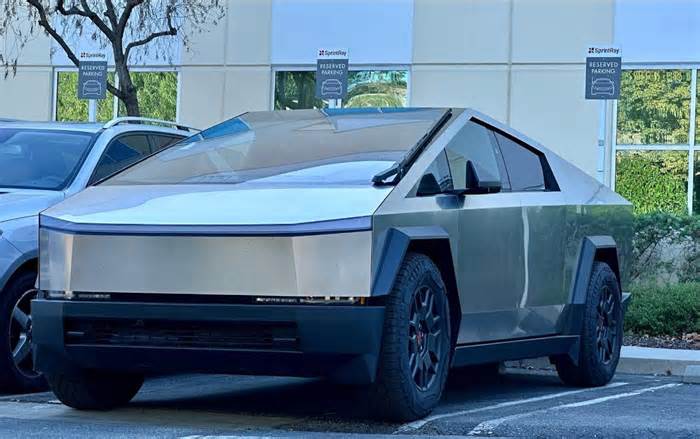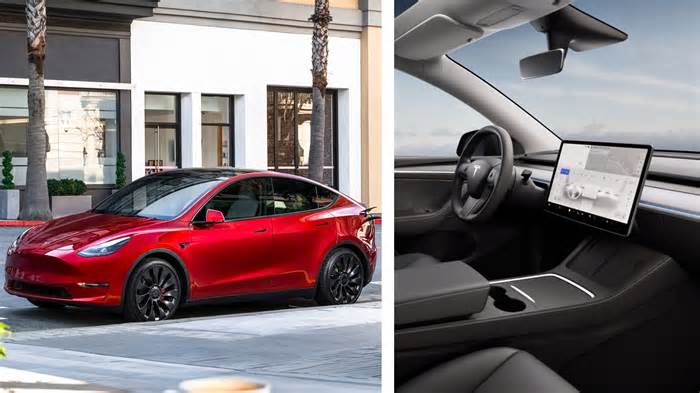
The prime minister’s mission for AI to transform Britain is the right message
- by The Independent
- Jan 13, 2025
- 0 Comments
- 0 Likes Flag 0 Of 5

Subscribe to Independent Premium to bookmark this article
Want to bookmark your favourite articles and stories to read or reference later? Start your Independent Premium subscription today. T
he prime minister, a man whose education, legal and political career largely predates the online world, has revealed himself to be a passionate evangelist for artificial intelligence (AI). He is right to be so, even though the language used in his keynote speech about his âaction planâ was sometimes alarming.
Sir Keir Starmerâs blueprint will âmainline AI into the veins of this enterprising nationâ, driven by a government that âwonât sit back and let opportunities slip through its fingersâ; which wants to âturbochargeâ change, go âall inâ and âwin the global raceâ. Perhaps the moment is at hand when AI can eliminate mixed metaphors from a prime ministerial speech.
As it was at the dawn of what was then called the âinformation technology revolutionâ four decades ago, exactly how â and what â will change is necessarily unknown. It would be foolish for any government to try to second-guess the precise way AI will transform economies and peopleâs lives. In the 1980s, the then government encouraged research, incentivised investment and made sure that a BBC Micro computer was installed in every school. The private sector was allowed to get on with the rest.
It is the same now. What is needed â and is reassuringly clear in the prime ministerâs action plan â is that government should create the necessary conditions for the new industry to thrive.
This is particularly necessary because the potential of generative AI (so-called machine learning) is, as yet, only being glimpsed at. We understand it is capable of creating new content and fresh methods of analysis from huge datasets â beyond that, its scope and capacity is largely unknown. Civil servants are ill-placed to steer the new breed of wealthy, highly ambitious tech entrepreneurs â yet they must be guided within a necessary framework for public safety.
The kind of philosophical puzzle that perplexed David Hume almost three centuries ago â whether anything truly novel can be imagined â may be about to be answered. The âchatbotsâ that occasionally interpose themselves in our lives, to varying effect, are merely in their infancy. Given the pace of change, there is little reason to doubt that they will soon be articulate and effective helpmates, if not entertaining conversationalists.
Already, AI can write new software at a speed unimaginable even a decade ago. It can âreadâ medical scans and diagnose potential cancers and other conditions, far faster and more reliably than humans.
The prime minister points to how AI can assist teachers in personalising lessons, support small businesses with record-keeping, speed up planning applications â even fix potholes.
In due course, generative AI may even begin to chart its own course and make its own suggestions (if not choices) about the most fruitful future projects it might embark upon. We can only hope that AI will help us fight climate change, for example. It may help us end traffic congestion and eliminate â rather than speed up â the spread of misinformation and disinformation that disfigures democratic societies.
We may not ever see the end of work but may well be on the way to a âleisure societyâ, where computers and robots assume vital tasks: from fruit picking to legal property conveyancing to helping in social care. That would certainly relieve the skills shortages.
Just as the late Victorians could dimly comprehend what manned flight might look like, today we can only make out a few outlines of the potential of new technology which has descended on humanity with bewildering speed.
In a nation where poor productivity and insipid economic growth are the depressing industrial realities of today, there is every reason to share the prime ministerâs enthusiasm for how AI can help rescue the British economy from its stubborn relative decline.
In a sense, it is a fresh start for the nation, having been gradually left behind in traditional manufacturing. It is an entirely new sector; a new industrial frontier â and one where the UK is already making its presence felt.
The National Health Service database is the largest and most valuable of its kind in the world. Provided, as Sir Keir stresses, sovereign control of data is maintained and personal privacy guaranteed, new AI-based partnerships with the private sector should generate jobs and revenues for the public services â as well as radically improve prevention of disease and better treatment, improving the quality of life in ageing populations.
To help ensure success, the government is doing the right things â working with established British and other companies to expand supercomputer capacity and build new data centres; and creating a regulatory framework that is more accommodating than the EU regime (but also imposes more safeguards than the American system).
Above all, Sir Keir is right to be alert to the speed of change compared to past such step changes in technology. Rather than taking decades, Sir Keir suggests that productivity might be doubled in five or 10 years. If so, then it will certainly dissolve many of his present problems â though, as with all economic transitions, it will beg new questions.
In a world where fewer people have jobs (and therefore wages) â and the owners of the new AI-driven means of production will enjoy the proceeds of economic activity â how should income be distributed?
That is all for the future. For now, whatever else it does about the public finances, ameliorating Brexit or attracting Chinese money, the government must invest, invest and invest again in AI.
More about
Please first to comment
Related Post
Stay Connected
Tweets by elonmuskTo get the latest tweets please make sure you are logged in on X on this browser.
Sponsored
Popular Post
tesla Model 3 Owner Nearly Stung With $1,700 Bill For Windshield Crack After Delivery
33 ViewsDec 28 ,2024
Middle-Aged Dentist Bought a Tesla Cybertruck, Now He Gets All the Attention He Wanted
32 ViewsNov 23 ,2024






 Energy
Energy




